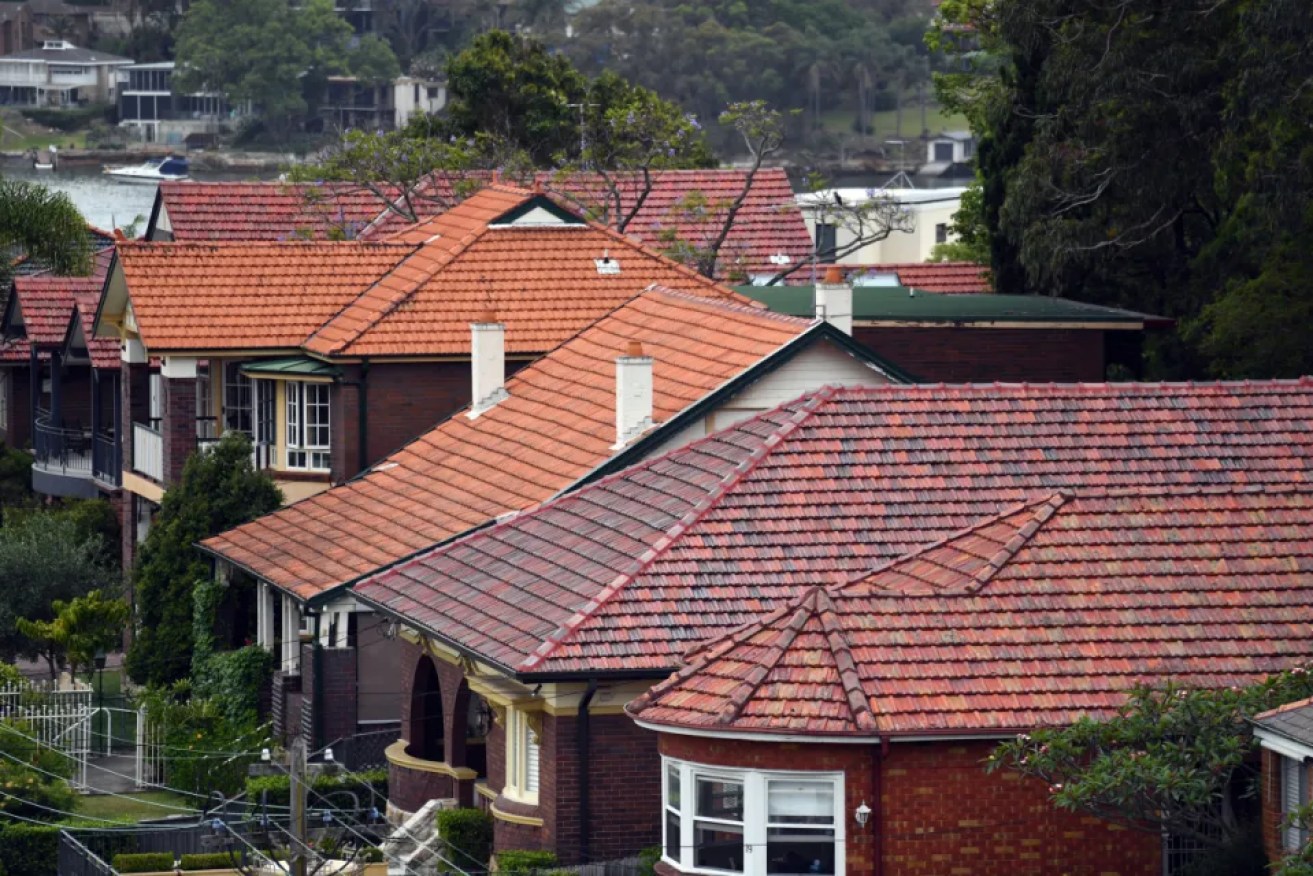ACOSS report backs energy rules for landlords to help renters reduce their power bills


Renters face too many barriers to energy upgrades to do it alone, a new report suggests. Photo: TND
Landlords would be forced to upgrade the energy efficiency of the homes they rent out under reforms backed by the Australian Council of Social Service (ACOSS) in a new report.
The social services organisation says almost two million lower-income households are being held back from using the latest technology to save money on their power bills and help the environment.
That’s because landlords have little incentive to help tenants improve their energy efficiency, which means many renters are stuck without even knowing how their house is performing.
ACOSS energy and climate program director Kellie Caught said landlords should be required to invest in electric systems, adequate insulation and the installation of solar panels on their roofs.
“People in rental properties don’t have the power to negotiate with landlords,” Caught explained, adding that landlords should receive government support to fund investments that help tenants.
“We need to regulate and incentivise [landlords].”
The report also calls for renters to be told about the energy efficiency of the homes they’re about to rent, which Caught said would help address a lack of data about their electricity performance.
Saving money and helping the climate
The ACOSS findings echo earlier reports from other experts that similarly concluded governments will need to assist lower-income households with electrifying their homes.
Doing so is a requirement to achieve net-zero targets, with an estimated 4.5 million gas water heaters, five million gas stoves and 2.7 million gas home heating systems across the nation.
Australian households are contributing more than a tenth of national emissions, an amount that experts have regarded as a low-hanging fruit because the transition also saves people money.
Grattan estimates suggest families could reap between $2000 and $11,400 depending on where they live over 10 years by upgrading from gas to electric, and that does not include the additional benefits for households that have installed solar panels for their own electricity.
More public funding needed
The Albanese government has so far committed to funding a $1.3 billion energy upgrade fund that will help households cover some of the costs of making the switch, but this is far short of what ACOSS says is needed to help particularly vulnerable cohorts living in community housing.
Caught said an additional $2 billion public fund is needed to ensure the nation truly electrifies.
“A big portion of that $1.3 billion was finance through the Clean Energy Finance Corporation, which is really about helping the market provide low-interest loans to people,” Caught said.
“That’s not going to help low-income households or community housing providers.”
Other nations such as the UK have begun to regulate energy efficiency standards for rental properties, backed by sizeable public investments in subsidies for electric technologies.
Multiple Australian states have also unveiled subsidies in recent years as well as creating new regulations, such as Victoria’s ban on gas connections to newly constructed homes in 2024.
But Caught said there has been a lack of federal co-ordination and funding for schemes that would help remove gas from all new homes nationwide and help families make the switch.
“The market just won’t deliver without direct government funding,” Caught said.








